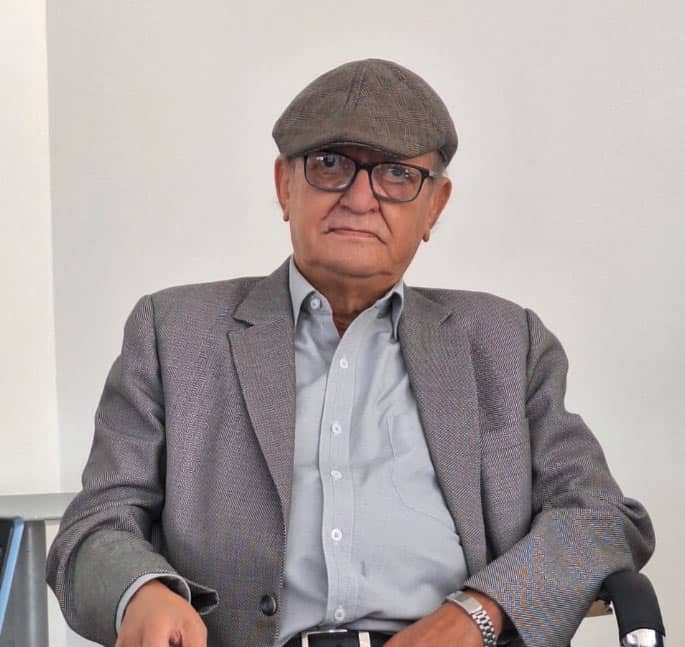By Elio Villaseñor G.
“There is no health without mental health”
World Health Organization (WHO)
The caregiving system in young people's lives generates a constant state of stress and anxiety, as their contribution in this area is often made invisible.
They are often expected to take on multiple responsibilities at home, in school, and in many cases, at work, without their efforts being recognized or supported.
As sociologist Nancy Fraser points out, care work is an "indispensable activity for social well-being," yet it remains undervalued and unequally distributed, particularly affecting young people. This burden is intensified in environments of uncertainty and insecurity, where job opportunities are scarce, academic pressure is high, and the future is perceived with anxiety.
The COVID-19 pandemic highlighted the fragility of the mental health system and the profound impact it has had on young people. According to the World Health Organization (WHO), one in seven young people between the ages of 10 and 19 suffer from a mental disorder, with anxiety and depression being the most common.
Despite this, access to mental health services remains limited and often stigmatized.
Faced with this reality, young people are demanding public policies that prioritize their psychological well-being, but these remain scarce and ineffective.
Lack of attention to your mental health not only affects your quality of life, but also impacts your ability to thrive personally and professionally.
As sociologist Zygmunt Bauman warns, in a fluid society where certainties have been diluted, anxiety and stress have become a constant for the new generations.
If we aspire to create youth capable of facing the challenges of everyday life, it is essential to recognize their role within the care system and provide them with the necessary support.
This involves not only ensuring access to quality mental health services, but also fostering a culture of recognition and equitable redistribution of responsibilities in the home and society.
Mental health is not a luxury or a privilege, but a fundamental right. As psychiatrist Viktor Frankl rightly points out, "When we cannot change a situation, the challenge is to change ourselves."
However, for young people to fully develop, it is essential that they have an environment that not only challenges them but also supports them.
Public policies must recognize care as a fundamental right and guarantee access to effective mental health services, eliminating economic, social, and cultural barriers that limit care.
The healthcare system and mental health cannot be treated as separate dimensions, but rather as two interdependent pillars for a balanced and dignified life.
The above is an argument that underpins the contributions of Silvana Carranza, Danahé Catalán, Victoria Raquel Rojas-Lozano, and Oliva López Sánchez, who identify mental health as crucial for caregivers. Alejandro Rodríguez also suggests this along these lines, pointing to other aspects of the barriers young people face in ensuring their youth rights are guaranteed from a perspective that recognizes their particular intersections and challenges.
At the regional level, this contribution to understanding the situation of young people in Latin America and their decision to migrate as a way out of the lack of opportunities in their respective countries is a wake-up call to the absence of public policies developed by governments aimed at grounding their youth under the mandate of responding to their labor, educational, and socio-emotional health rights and demands. This is key to the growth and impact of young people in order to build an environment that enhances their capabilities and skills, as Randall Márquez points out.
Only with a comprehensive approach, combining emotional support, access to quality services, and an equitable redistribution of responsibilities, can we offer the new generations the necessary conditions for their well-being and development.






